|
The following are actual quotes from people traveling the Oregon or California Trails. They appear exactly how they were written. Education was not as common in those days and spelling was not standard, so some words may be misspelled or the grammar may be incorrect.
Mary Jane Smith, 1852 May 23rd: Today we had our first death, that of a small child from whooping cough. Bad Camp. Poor grass and no wood. May 23rd: Today a division of opinion arose, some wanted to stay here, others to go on to a better place to camp so 6 wagons left including Hunt, Watkins, Craig, and Stroup who get out by themselves. June 26th: This morning we overtook Mr. Hunt. He was by himself having been left by his company near Laramie. One of his children, Mr. Craig's wife, Mr. Watkins and a young man named Jones and a young man named Garrett had all died of Cholera. Garrett seems to have been traveling west with the Hunts. Margaret A. Frink, 1850 Monday, July 8: It rained considerably during the night. Mr. Frink was on guard until two o’ clock, when he returned to camp bringing the startling news, that for some unknown cause, the horses had stampeded. We had no means of knowing whether it was the work of Indians or not, but it was useless to look for them in the darkness… (the animals were found the next morning) When we arose, we found the range of mountains covered in new-fallen snow. This is a beautiful valley, and when under settlement and cultivation, will be a delightful region… At half past ten we passed a village of Snake River Indians (Shoshone).
J.T. Kerns, 1852
July 18 Traveled up Thomas’ fork of the Bear river, twelve miles to the ford and encamped on the west bank. Country nice and streams full of fish. Some good farms might be made along here, as the valleys are rich and the mountains high enough to preserve an eveness of temperature and supply of sufficiency of timber. July 19 This day drove 25 miles over a mountainous, picturesque country, possessed of rich valleys, beautiful springs, and streams abounding with fish. Timber is, however, scarce for to supply the demands of a farmer. Medorem Crawford, 1842 May 16 Left camp at 1 o'clock E. drove 15 mi. and camped at 7 o'c. E. on the Sanafe rout, found water pleanty, wood & pasture scarce. In our company were 16 waggons & 105 persons including children & men over 18 years of age. May 21 Mrs. Lancaster's only child a daughter 16 months old died 10 o'clock M the Doctor called the disease symptomatick fever accompanied with worms." After burying child we started and drove 6 miles. Comments are closed.
|
Author
I often struggle to find websites with thorough explanations in simple language to help kids understand historical events or scientific concepts, so I decided to create some of my own! -Cookie Davis
Archives
March 2024
|
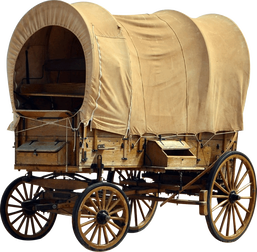
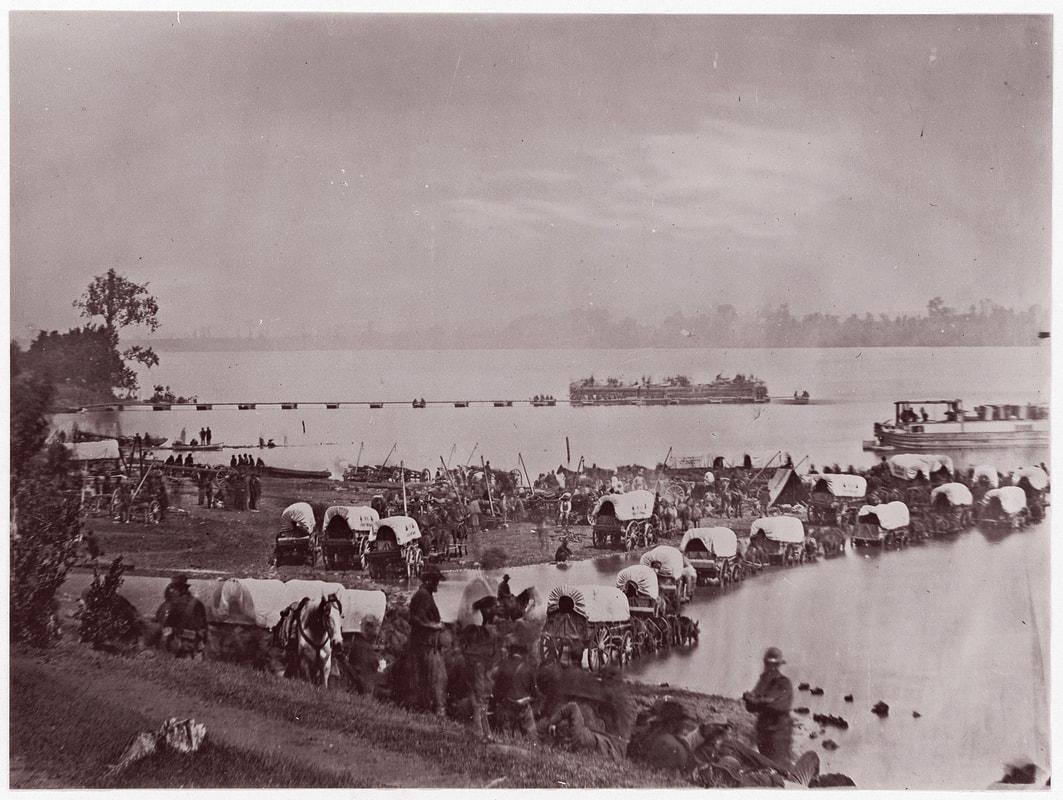
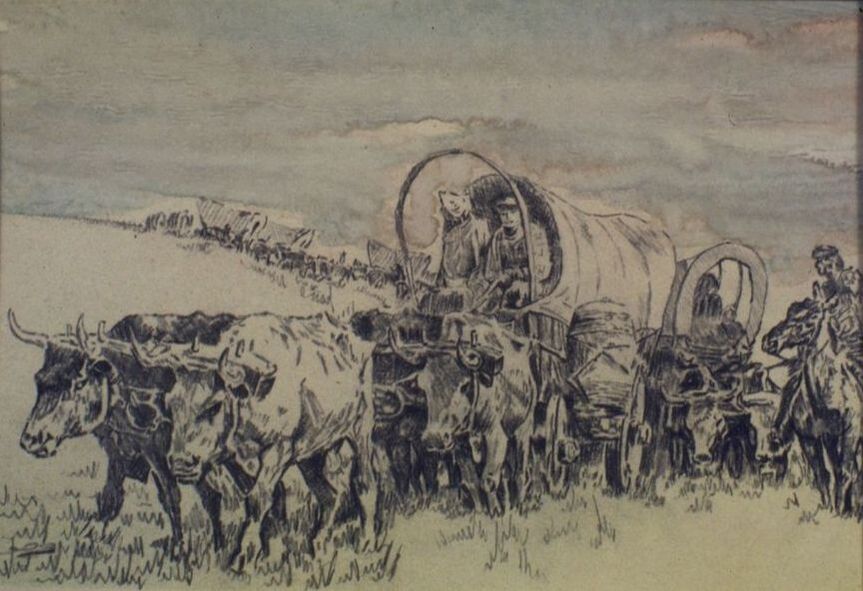
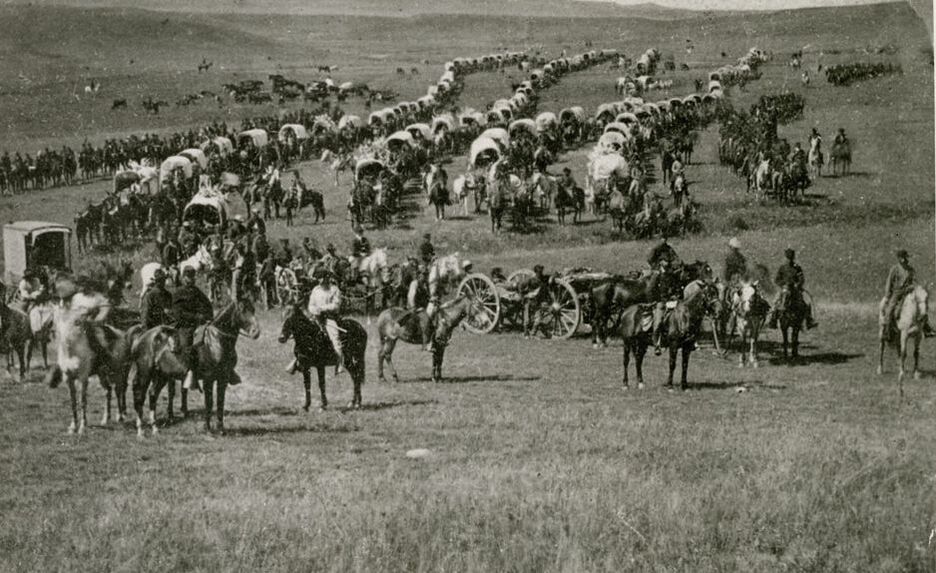
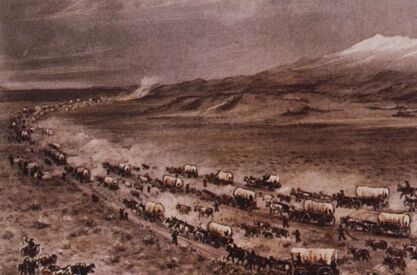
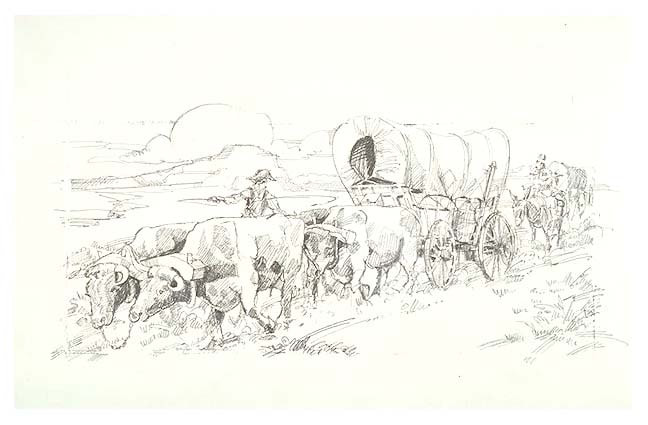
 RSS Feed
RSS Feed